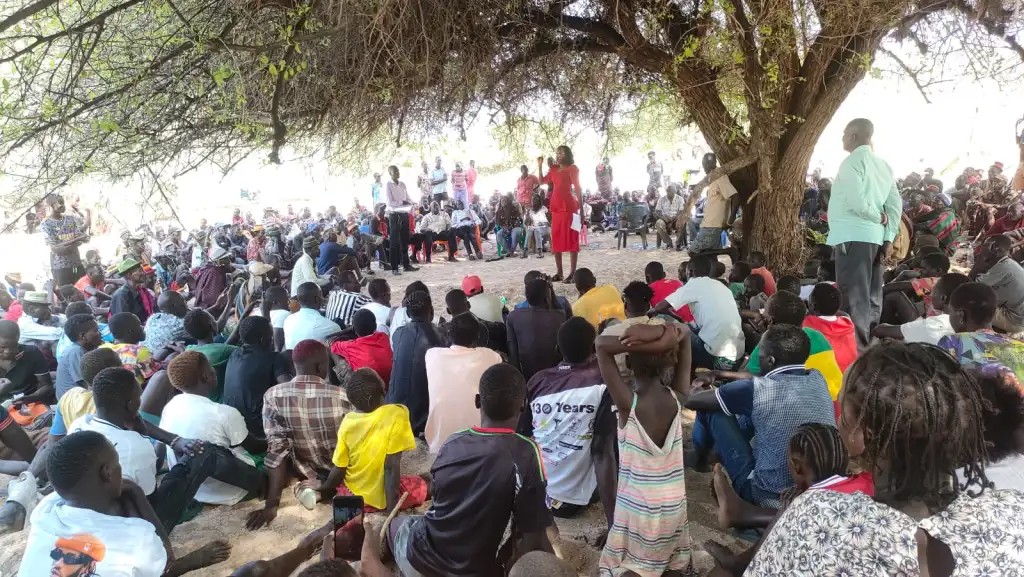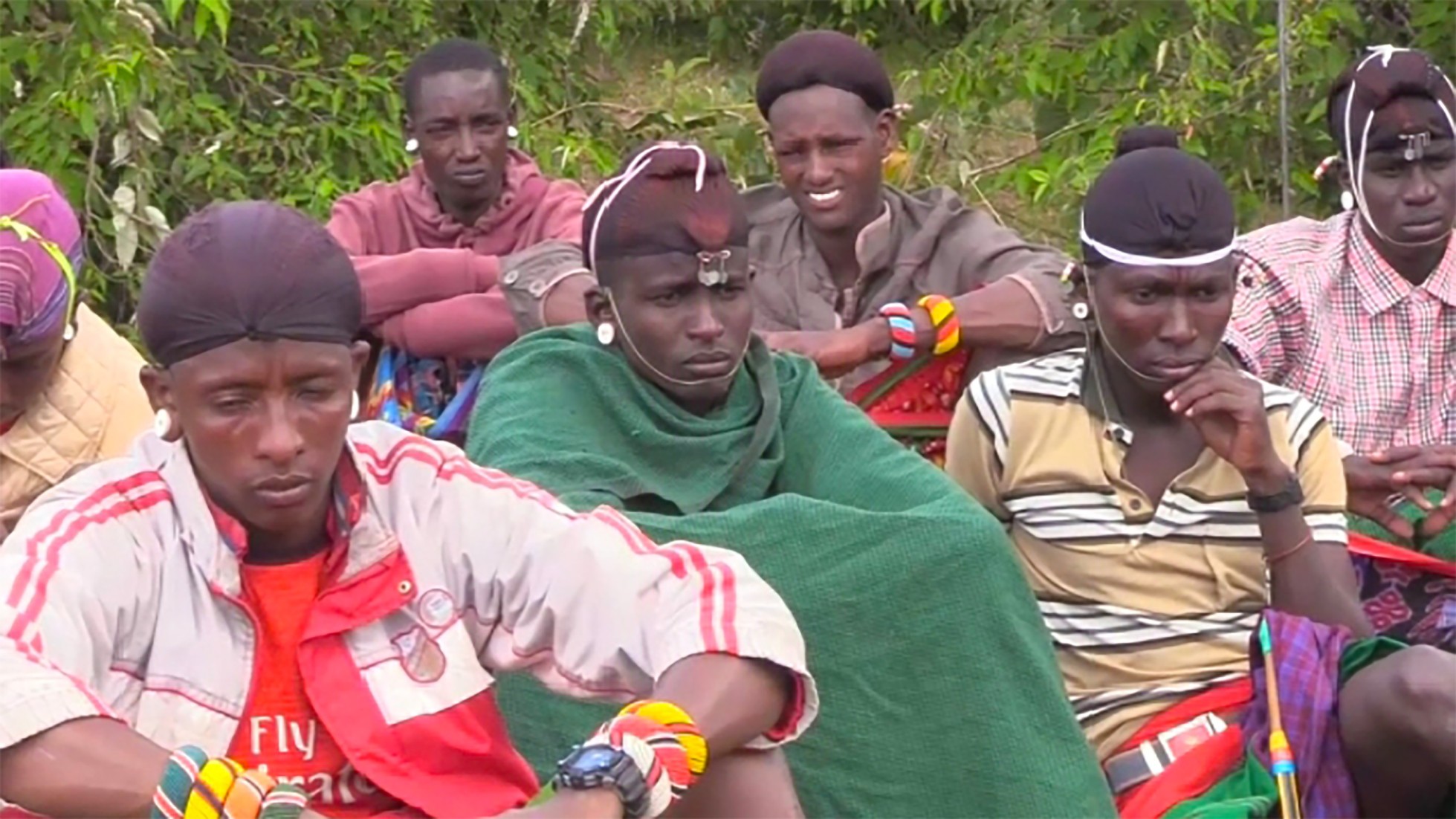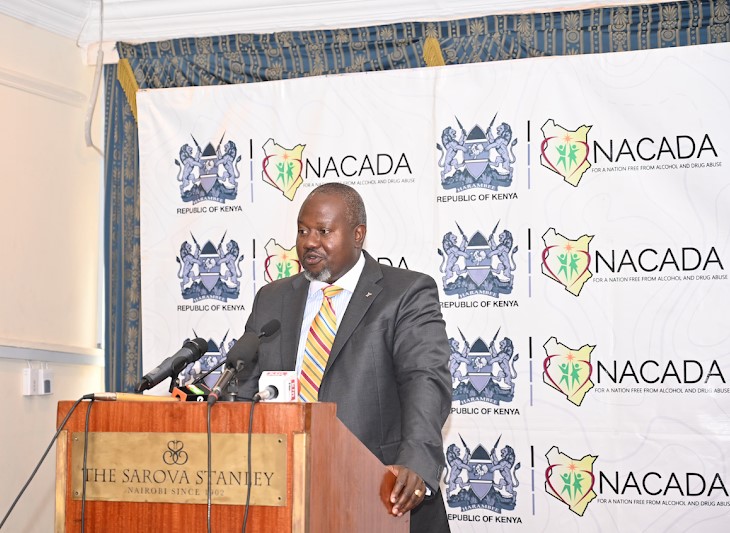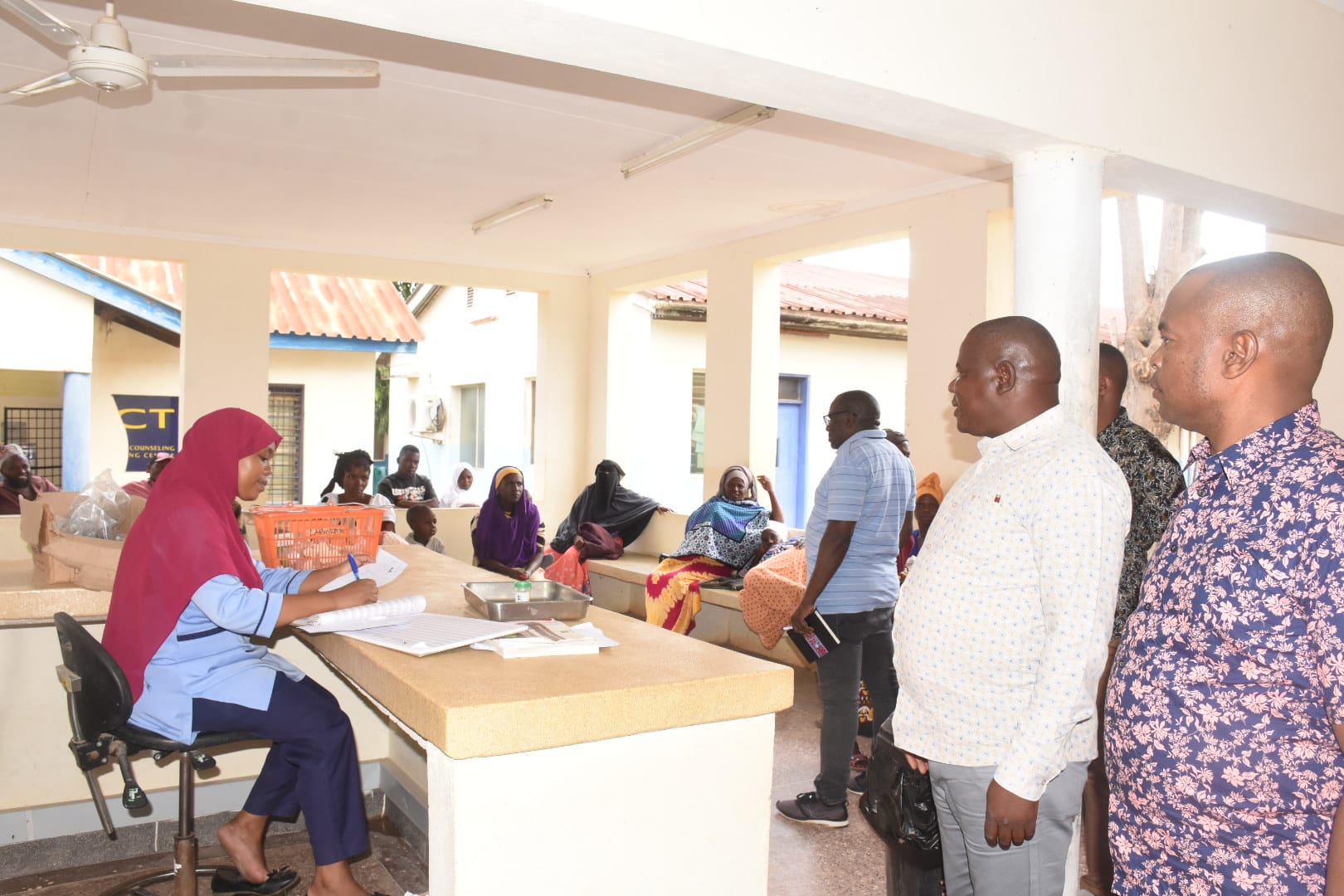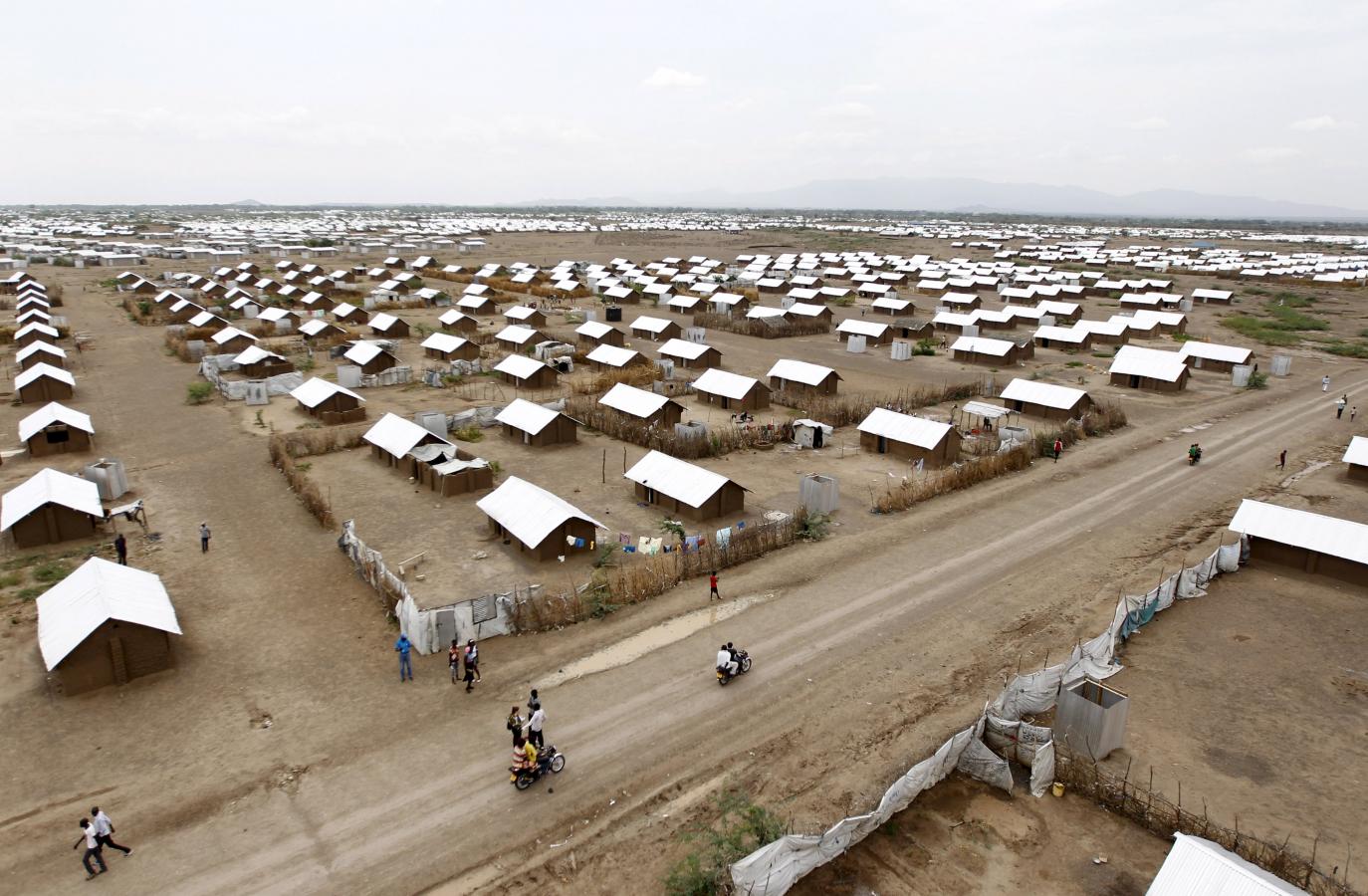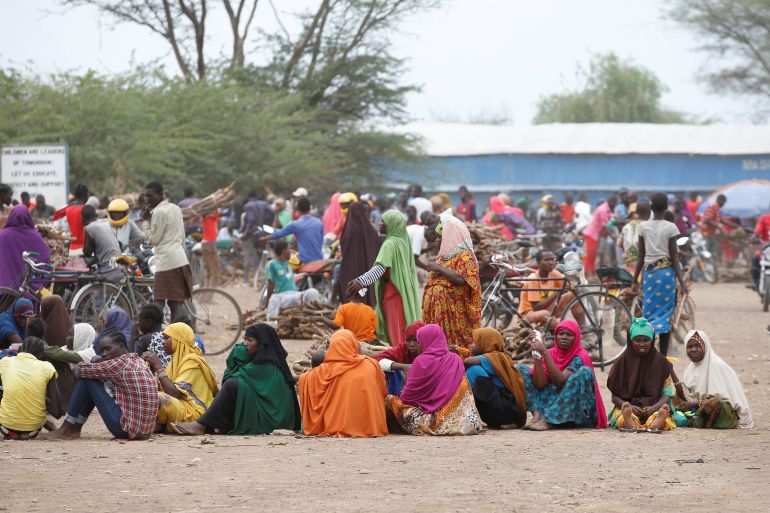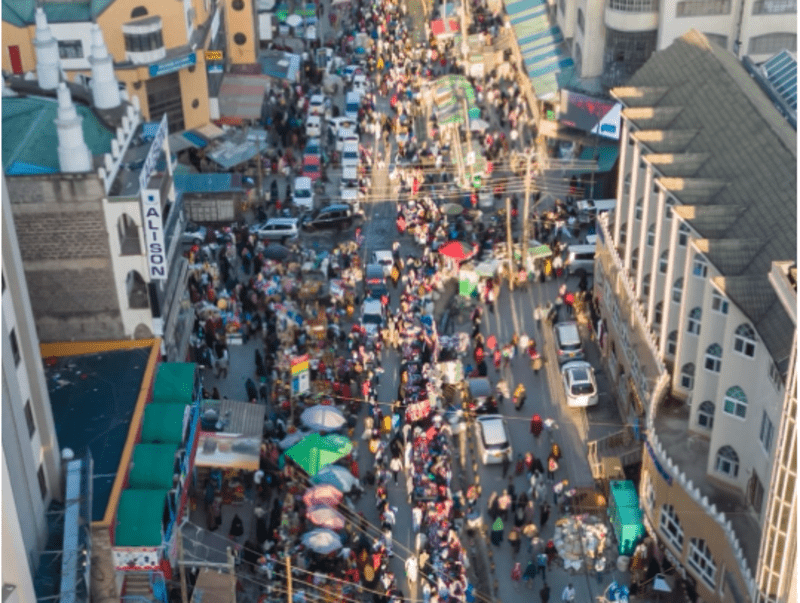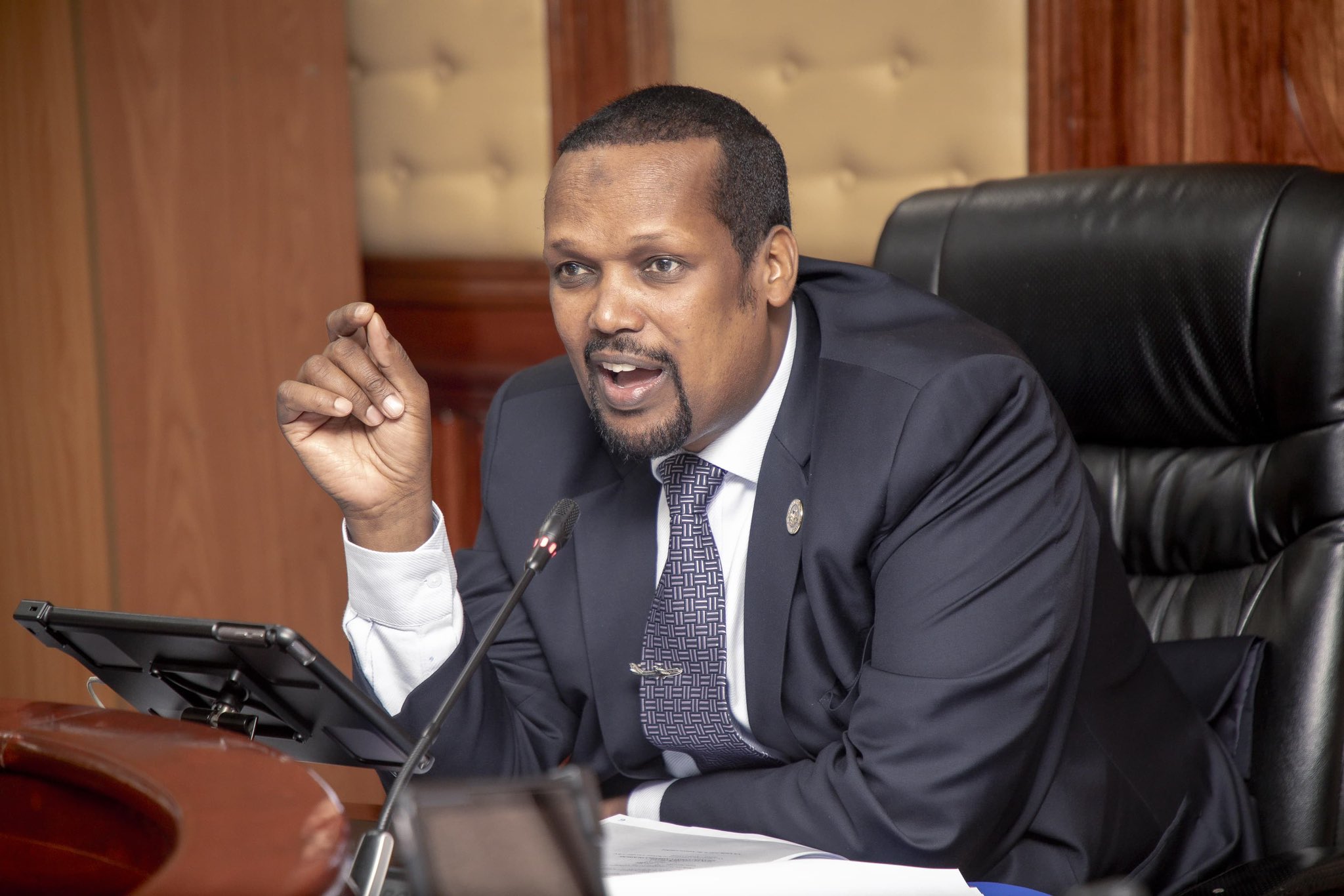OPINION: Stop stereotypes about Somali immigrants in Kenya
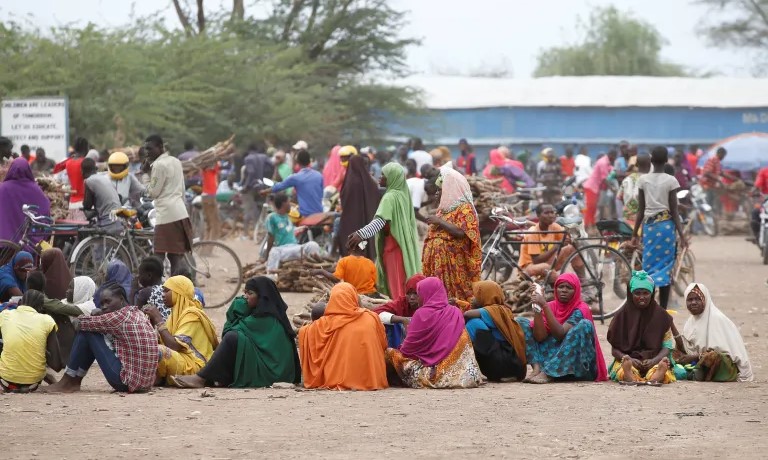
By Silas Nyanchwani |
Kenya has always been home to millions of refugees, some of whom have eventually returned to their countries while others have gone abroad. Thousands of others are still at Kakuma and Dadaab refugee camps.
An X user by the name of Kimuzi has been tweeting persistently about illegal Somali immigrants in Kenya. While he has a genuine concern that cannot be dismissed, his diatribe has taken an extremist bent. Some Kenyans have called him off while others have taken his side.
Kenya has always been home to millions of refugees, some of whom have eventually returned to their countries while others have gone abroad. Thousands of others are still at Kakuma and Dadaab refugee camps.
Keep reading
A number of refugees from Rwanda, Burundi, DRC, and Somalia are already doing business in Nairobi. Some are now hawkers and others are running barber shops and salons in Nairobi estates.
Various non-profit organisations offer them accommodation and capital to start small businesses.
Many of these foreigners find Kenyans hospitable and accommodating.
Our borders are porous due to corruption and poor enforcement of laws, and this can let into the country elements with criminal intent. But pointing an accusing finger at Somali immigrants only in regard to crimes committed by foreigners is unfair and unjustifiable.
We have had, for example, Nigerians of questionable backgrounds doing nefarious things, but this does not reflect the character of all Nigerians in the country. The same applies to Somalis living in Kenya.
The history of Kenya and Somalia is complex, going back to the pre-independence era and the drawing of the colonial boundary between the two countries. There are ethnic Kenyan Somalis and those who have come to Kenya from Somalia for various reasons.
The eruption of civil war in Somalia in the 1990s saw many Somalis flee in different directions, with quite a number seeking refuge in Kenya, bringing with them the capital, which is partly responsible for the growth of Nairobi’s Eastleigh as a business centre.
It was easy for them to settle, given Kenya’s accommodative nature and the ease with which the Somalis integrate into the country, given our peaceful co-existence and good neighbourliness.
After independence, the Kenyan Somalis were one of the marginalised ethnic groups, benefiting little from the national government's resources.
Out of their sheer grit, the ability to mobilise resources from family and the diaspora, and a disciplined religious culture, the Somali community has gradually changed its fortunes. Pooling of resources, diaspora capital, and investing in the right business channels have made Eastleigh the enterprise capital of East Africa.
In contrast, areas that traditionally benefitted from the government are stagnating, with the closure of factories, dying export businesses, and unreliable agricultural yields, made worse by increased government taxation. In two generations, the fortunes of the two groups have changed. This creates an environment that can foment hatred for the group seen to be thriving if not contextualised.
While public resources have often been plundered to the detriment of many Kenyans, Somalis have been investing their capital in Kenya, demonstrating their faith in the country.
With money comes political power, which carries with it a lot of responsibility. It is wrong to negatively stereotype members of the Somali community due to their success in business in Kenya.
Politicians in particular should not use stereotypes to stoke ethnic hatred, even as the Somali population and capital grow.
We should uphold our plurality, our democratic ideals, our respect for various religious and cultural systems, and, more importantly, the economy must be fixed and made to work for everyone.
We all can learn from the Somali community’s work ethic, mobilisation of capital from family and abroad, and the religious discipline that makes it possible for them to thrive. As the Somali population grows and gains electoral power to tilt the scales of political leadership, we must have the grace to accommodate each other and live in harmony.
The writer is an author and commentator on African affairs.
Reader comments
Follow Us and Stay Connected!
We'd love for you to join our community and stay updated with our latest stories and updates. Follow us on our social media channels and be part of the conversation!
Let's stay connected and keep the dialogue going!




